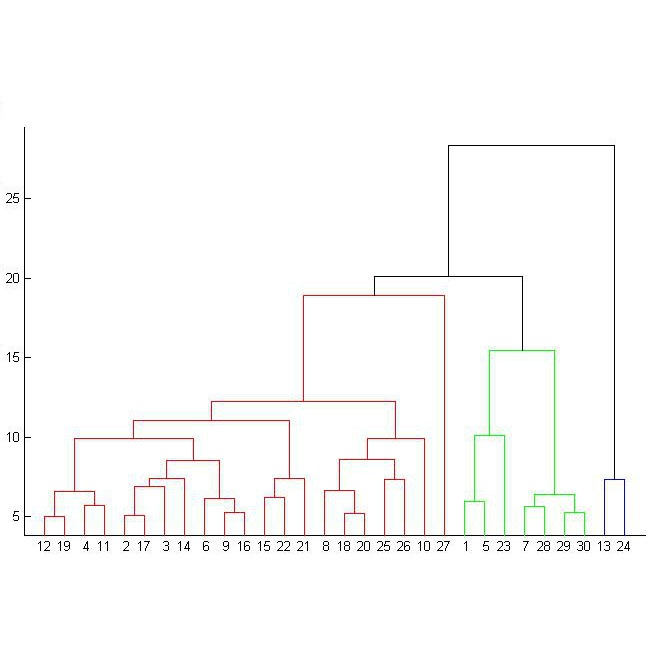We adapt previous research on category theory and topological unsupervised learning to develop a functorial perspective on manifold learning, also known as nonlinear dimensionality reduction. We first characterize manifold learning algorithms as functors that map pseudometric spaces to optimization objectives and that factor through hierarchical clustering functors. We then use this characterization to prove refinement bounds on manifold learning loss functions and construct a hierarchy of manifold learning algorithms based on their equivariants. We express several popular manifold learning algorithms as functors at different levels of this hierarchy, including Metric Multidimensional Scaling, IsoMap, and UMAP. Next, we use interleaving distance to study the stability of a broad class of manifold learning algorithms. We present bounds on how closely the embeddings these algorithms produce from noisy data approximate the embeddings they would learn from noiseless data. Finally, we use our framework to derive a set of novel manifold learning algorithms, which we experimentally demonstrate are competitive with the state of the art.
翻译:我们调整了先前的分类理论和地形学学学研究,以发展多元学习(又称非线性维度减少)的真菌视角。 我们首先将多重学习算法定性为可绘制假数空间以优化目标的真菌学家, 并通过分层组合真菌学家进行该要素。 然后我们用这种定性来证明多重学习损失功能的精细界限, 并基于等因子构建一个多元学习算法的等级分级结构。 我们把一些受欢迎的多元学习算法作为这一层次不同层次的真菌学家, 包括Metric- 多层面扩增、 IsoMap 和 UMAP。 下一步, 我们利用间距来研究多种多种多元学习算法的稳定性。 我们展示了这些算法的嵌入过程如何接近于它们从无噪音数据中学习的杂乱数据。 最后, 我们用我们的框架来产生一套新型的多元学习算法, 我们实验性地证明这些算法与艺术的状态具有竞争力 。




